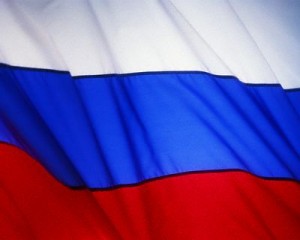Moscow's interaction with the Gulf monarchies, especially with the United Arab Emirates and Saudi Arabia, can become just as crucial and effective. Russia has supported Syrian President Bashar al-Assad, which sets it apart from the UAE and Saudis, but they could all become allies in addressing the Libyan crisis, which will rebuild confidence and help normalize the situation in the region.
North African players are the weakest link in the international interaction chain.
Recent parliamentary elections in Algeria indirectly point to latent socio-political tensions in that country, which will affect its making of foreign policy. Egypt, which has banked on Hifter’s success to lead Libya out of the quagmire, has few opportunities to bring other Libyan forces to the negotiating table. In addition, Egypt is preoccupied with internal security problems. Finally, Tunisia’s unstable domestic political situation impacts policymaking there as well.
Russia's multilevel, interwoven foreign policy allows it to interact with all the vested interests and stakeholders in the region via different channels. It will compensate for the weakness of Algeria, Egypt and Tunisia on a diplomatic level.
However, they need some security guarantees to engage in the peace process more actively and fruitfully. None of the major players — Russia, Europe or the Gulf monarchies — can offer them such guarantees today. Until they contribute to the process and until Libya’s borders are open, even the most reliable agreements between intra-Libyan players can be reneged on anytime.





